As we get ready for the 8th Annual Hot Stove Dinner, which will be held on March 26th at the Key Royale Club on Anna Maria Island, Florida AND online for virtual guests, event host Clint Hurdle takes us on a trip down memory lane! Below, Clint shares how he and his wife Karla created the Hot Stove Dinner, how the event has grown since its inception, and how it supports families affected by Prader-Willi syndrome. We are sincerely grateful to the Hurdles for all of the work they have done to support our organization and community. We hope you will join us in making the 8th Annual Hot Stove Dinner our most successful one yet!
Karla and I have locked arms on this since 2003. Formerly, this event was a golf tournament in Denver, CO, and we ran it there from 2003 to 2010. It was a complete labor of love. Our daughter, Maddie, was diagnosed in 2002 with Prader-Willi syndrome a couple weeks after birth and we just felt moved to find a way to help. Obviously, Prader-Willi syndrome was at a much different place and space than it is now 18 years later. There’s been fantastic movement, understanding, increased awareness, and we’ve done a better job in fundraising. We moved the chains in every significant area as a group, and then Karla and I personally. We thought we’d give it the best shot with the platform that I had at the time with the Colorado Rockies and just see where we could help and how we could help. We raised over $100,000 with this initial event. We then took a couple years off when we made the transition to Pittsburgh.
Which brings us to the Hot Stove Dinner. The Hot Stove Dinner started in 2015 and the idea actually came from PWSA | USA Board Member Stephen Leightman. Stephen and his wife have been very active as grandparents on behalf of their granddaughter. He was doing significant work on the board and was doing investments. Out of nowhere, he came up to me and asked if I’d thought about getting back involved into the fundraising. I think most people who have done fundraising, if you stop for a year or two, it’s really easy to be challenged to think about getting back in because fundraising is not easy. I thought about it from Karla’s side because she was the one who did all the orchestration and organizing. In the early years, I showed up, played golf, and got a bunch of silent auction items. I was really just there, and my name was used. But as far as activity wise, I was involved about 25% and Karla was involved 100%.
When we started this Hot Stove event, it kind of flipped. Karla needed a break – she was raising two teenage children and I was moving around, out of town two weeks out of every month. So, she said if this is something you get back into, you’re going to have to do more of the heavy lifting. Stephen has a persuasive way and I said, ‘We’ll give it a shot.’
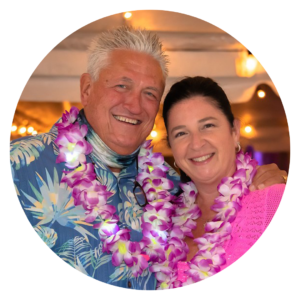
After that, we had to move the event. Last year, we moved it during COVID to the Key Royale Club where we live. We put up a tent and hosted 150 people! The last two years, we’ve raised over $250,000.
I have been the national spokesperson for PWSA | USA, I have spoken to fathers and families coast to coast, I’ve watched Maddie’s progression – this is a journey we’ve been on for 19 years now. I’m so proud of our organization with the advancements that we’ve made, and the different opportunities kids have today who are born with Prader-Willi syndrome. The awareness is getting to a good place and the information available now is more truthful than dated. We have chosen to support the daily operations of family funding with the money raised at the Hot Stove Dinner because there are families that don’t even know what they’re dealing with that aren’t diagnosed. Our biggest heartbeat for this is to help the families with kids who have Prader-Willi syndrome find out it is Prader-Willi syndrome, and then what the next steps can be. If they need financial aid, we can also provide financial support for our families.
Karla became much more involved last year (she said she came out of retirement) because this fundraiser now has a lot more moving parts to it. We’re virtual and we’re live. We have been lucky to receive support from PWSA | USA’s staff over the years, especially Stacy Ward who has shown up with her husband year after year to help. PWSA | USA Board Member Michelle Torbert also deserves a lot of credit for all of her heavy lifting. But now, it’s turned into a big deal with more staff and board support, with a lot of that due to CEO Paige Rivard’s passion and vision. We even have a committee. We also brought in Leaving Legacies Foundation, who are two friends of mine I have known for years, and we finally got to a point in time where it made sense to look for some outsourcing for some of the gifting and donations. They showed up big time for our event in 2020 and have been on board ever since.
I credit the people, the truthtellers in my life that got me out of my comfort spot. We’re in a good place and are expecting another really good event this year. Our expectations are filling up and will probably even get bigger! At the end of the day, with this event, we are able to reach and touch more families, children, young adults, and even older adults who have the syndrome, and are able to provide a quality of life now that maybe they didn’t have before.
Share this!

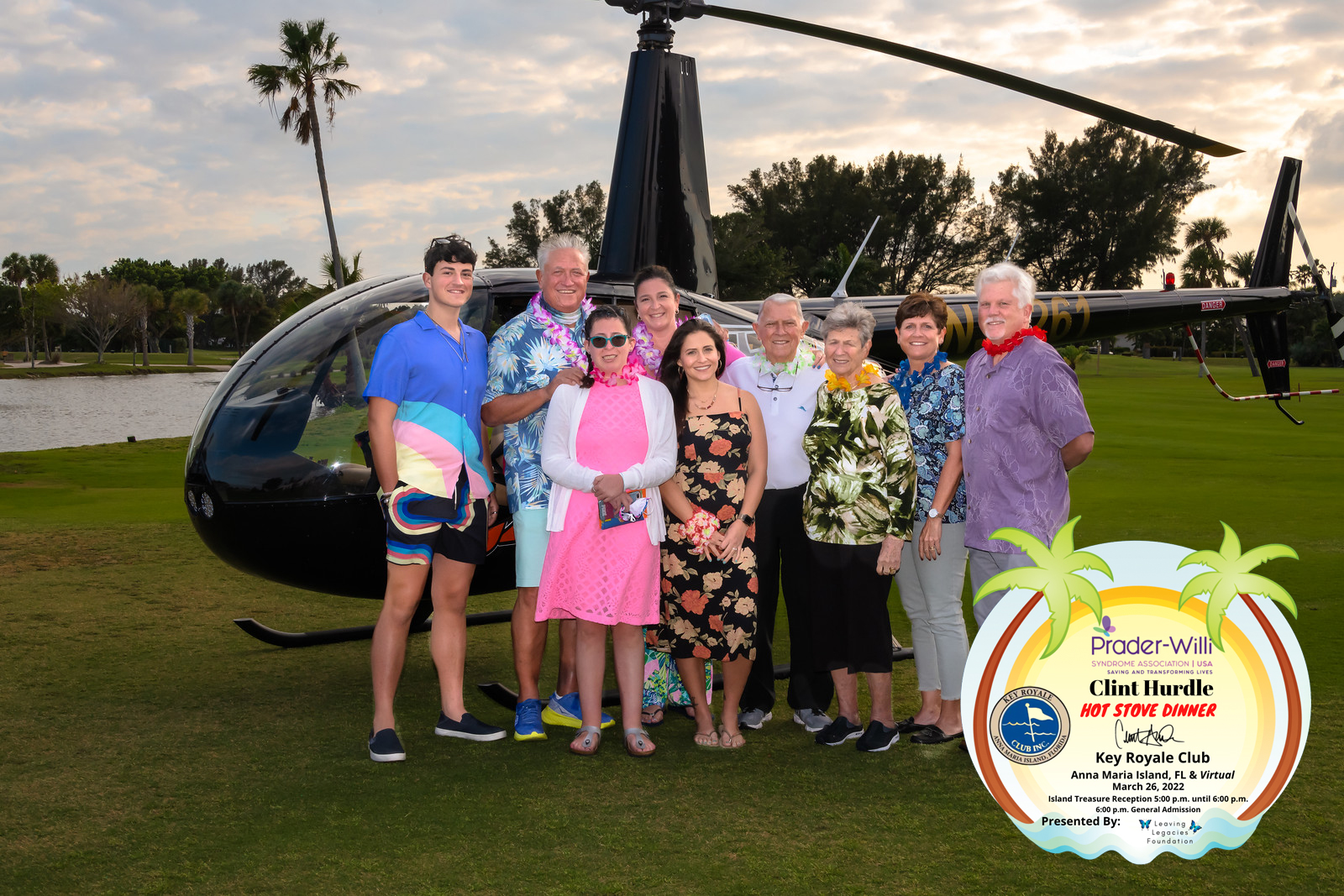

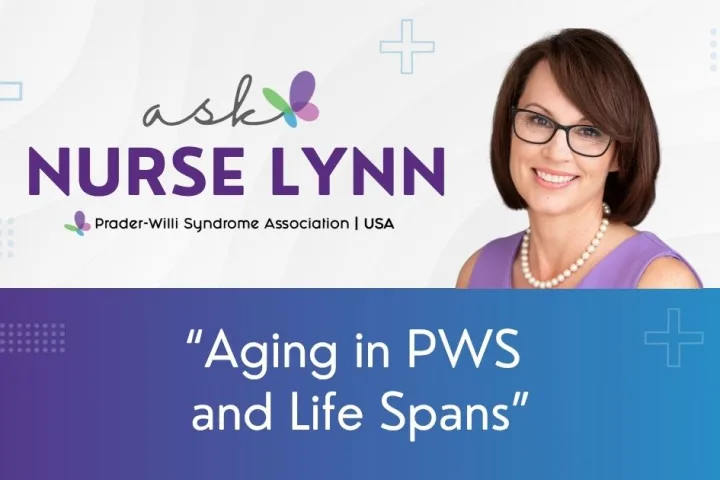
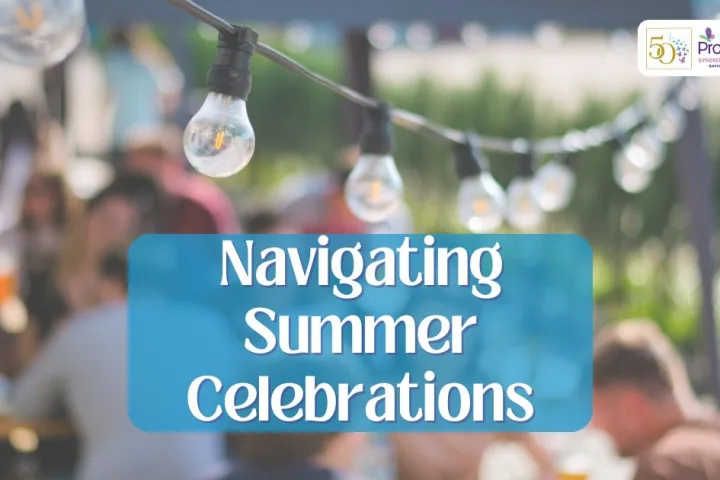
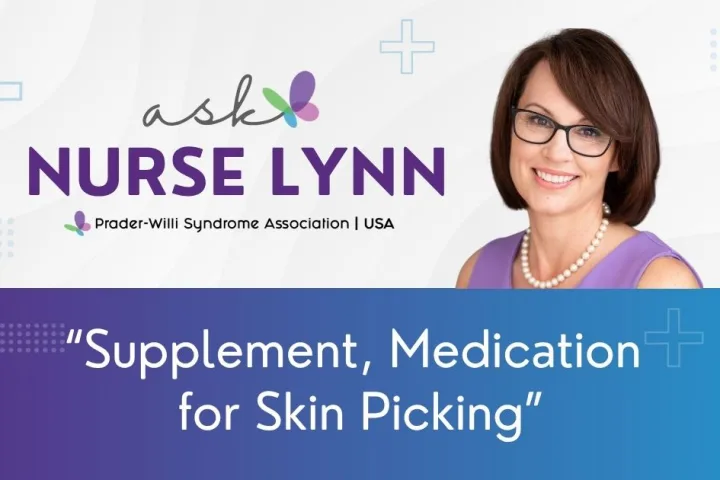
 Jennifer Bolander has been serving as a Special Education Specialist for PWSA (USA) since October of 2015. She is a graduate of John Carroll University and lives in Ohio with her husband Brad and daughters Kate (17), and Sophia (13) who was born with PWS.
Jennifer Bolander has been serving as a Special Education Specialist for PWSA (USA) since October of 2015. She is a graduate of John Carroll University and lives in Ohio with her husband Brad and daughters Kate (17), and Sophia (13) who was born with PWS. Perry A. Zirkel has written more than 1,500 publications on various aspects of school law, with an emphasis on legal issues in special education. He writes a regular column for NAESP’s Principal magazine and NASP’s Communiqué newsletter, and he did so previously for Phi Delta Kappan and Teaching Exceptional Children.
Perry A. Zirkel has written more than 1,500 publications on various aspects of school law, with an emphasis on legal issues in special education. He writes a regular column for NAESP’s Principal magazine and NASP’s Communiqué newsletter, and he did so previously for Phi Delta Kappan and Teaching Exceptional Children. Evan has worked with the Prader-Willi Syndrome Association (USA) since 2007 primarily as a Crisis Intervention and Family Support Counselor. Evans works with parents and schools to foster strong collaborative relationships and appropriate educational environments for students with PWS.
Evan has worked with the Prader-Willi Syndrome Association (USA) since 2007 primarily as a Crisis Intervention and Family Support Counselor. Evans works with parents and schools to foster strong collaborative relationships and appropriate educational environments for students with PWS. Dr. Amy McTighe is the PWS Program Manager and Inpatient Teacher at the Center for Prader-Willi Syndrome at the Children’s Institute of Pittsburgh. She graduated from Duquesne University receiving her Bachelor’s and Master’s degree in Education with a focus on elementary education, special education, and language arts.
Dr. Amy McTighe is the PWS Program Manager and Inpatient Teacher at the Center for Prader-Willi Syndrome at the Children’s Institute of Pittsburgh. She graduated from Duquesne University receiving her Bachelor’s and Master’s degree in Education with a focus on elementary education, special education, and language arts. Staci Zimmerman works for Prader-Willi Syndrome Association of Colorado as an Individualized Education Program (IEP) consultant. Staci collaborates with the PWS multi-disciplinary clinic at the Children’s Hospital in Denver supporting families and school districts around the United States with their child’s Individual Educational Plan.
Staci Zimmerman works for Prader-Willi Syndrome Association of Colorado as an Individualized Education Program (IEP) consultant. Staci collaborates with the PWS multi-disciplinary clinic at the Children’s Hospital in Denver supporting families and school districts around the United States with their child’s Individual Educational Plan. Founded in 2001, SDLC is a non-profit legal services organization dedicated to protecting and advancing the legal rights of people with disabilities throughout the South. It partners with the Southern Poverty Law Center, Protection and Advocacy (P&A) programs, Legal Services Corporations (LSC) and disability organizations on major, systemic disability rights issues involving the Individuals with Disabilities Education Act (IDEA), Americans with Disabilities Act (ADA), and the federal Medicaid Act. Recently in November 2014, Jim retired.
Founded in 2001, SDLC is a non-profit legal services organization dedicated to protecting and advancing the legal rights of people with disabilities throughout the South. It partners with the Southern Poverty Law Center, Protection and Advocacy (P&A) programs, Legal Services Corporations (LSC) and disability organizations on major, systemic disability rights issues involving the Individuals with Disabilities Education Act (IDEA), Americans with Disabilities Act (ADA), and the federal Medicaid Act. Recently in November 2014, Jim retired.